I try to drink a fresh juice every day. Why?
Regularly flooding our bodies with nutrition-packed fresh juice is one of the most reliable methods for staying energized, and for achieving and maintaining a healthy weight and vitality as we age.
Fresh juice is an exceptional liquid multivitamin. Juice is rich in vitamins, minerals, enzymes, and phytochemicals – all quickly absorbed and utilized by your body.
The countless nutrients in freshly pressed juice that come directly from whole food have a synergy that you just can’t get from isolated nutrients.
So, can fresh juice supply all of your nutritional needs?
While I would love this to be true, and juice can get us close, the answer is no – not long term anyway.
Take a look at the following nutrition table with estimated values for a big green carrot juice that includes the following:
Big Green Carrot Juice
- 6 large carrots
- 1 large cucumber
- 2 large celery ribs
- 1 small collard leaf
- 4 large kale leaves
- 1 yellow bell pepper
As you can see, this juice really hits vitamins A, C and K out of the park. And it even makes a good dent in your B vitamin and mineral needs. And if you were to drink multiple juices throughout the day with an even wider variety of vegetables and fruit, you may actually meet your RDA on many nutrients, including iron, calcium, phosphorus and folate.
But to ensure you get adequate nutrition, it’s important to juice and eat a wide variety of vegetables, fruits, legumes, whole grains, nuts and seeds.
Legumes like beans, lentils and chickpeas along with whole grains are richer in B vitamins and folate than vegetables. You can also get more folate into your diet by eating some green vegetables that are not usually the first you reach for when juicing, like brussels sprouts and broccoli. And vitamin E is highest in nuts and seeds.
A whole food, plant-based diet with juicing is nutritionally dense and far better than what most people are getting. But even then, a B12 supplement is not optional, and it is usually a good idea to supplement with vitamin D and possibly also EPA/DHA. And if you eat a vegan diet and use non-iodized sea salt and don’t eat sea vegetables, you should probably take a supplement with iodine.
I take the Women’s Daily supplement by Dr. Joel Fuhrman available on his website. He believes in conservative supplementation, with the most bioavailable vegan forms of the nutrients.
We don’t all convert or absorb nutrition at the same rate, so a supplement like this can help bridge any possible gaps and double-make-sure our needs are being met. 😉
So the takeaway is, eat and juice a wide variety of whole plant foods, and at a minimum take your B12 and vitamin D, and consider taking a conservative supplement to cover your bases.

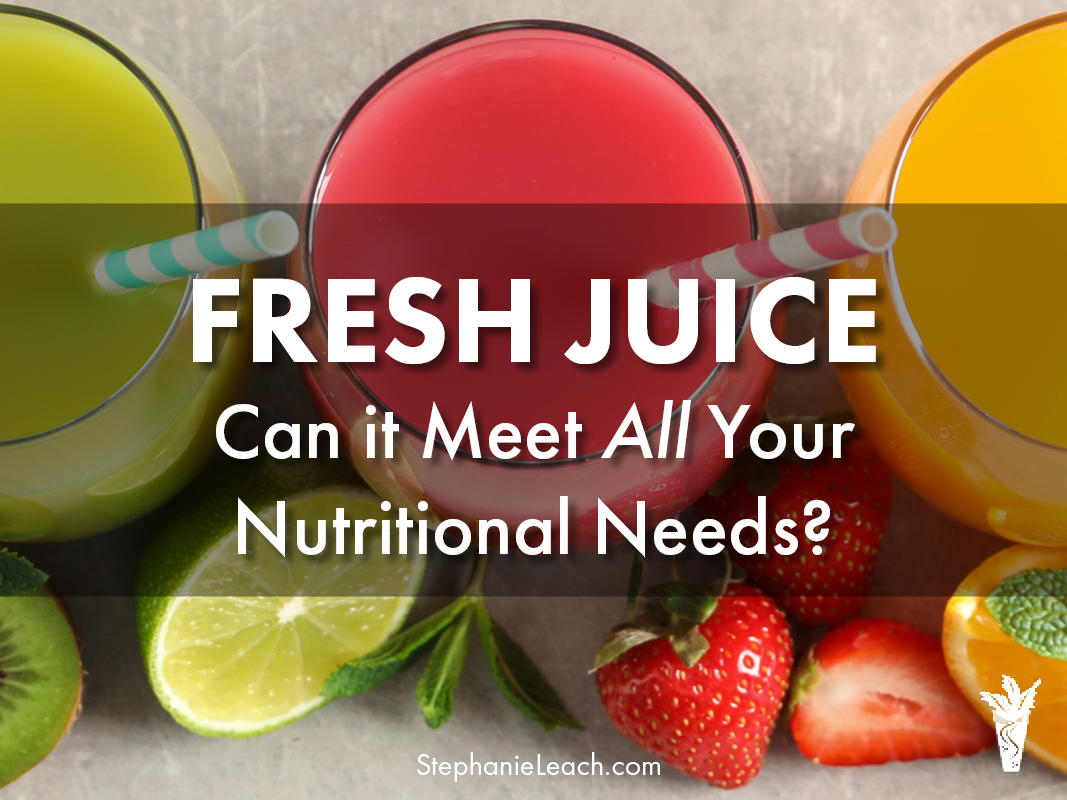
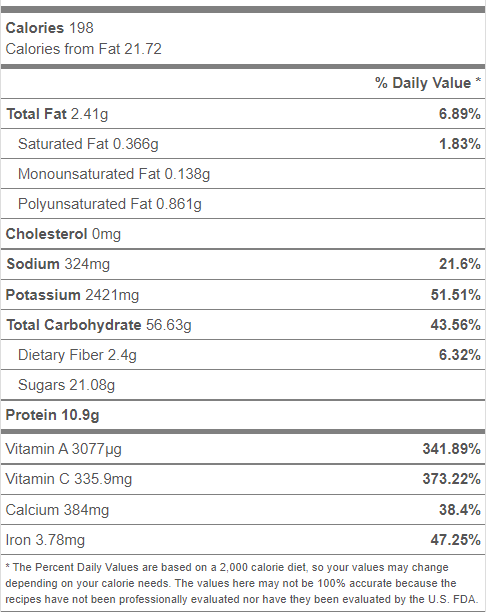
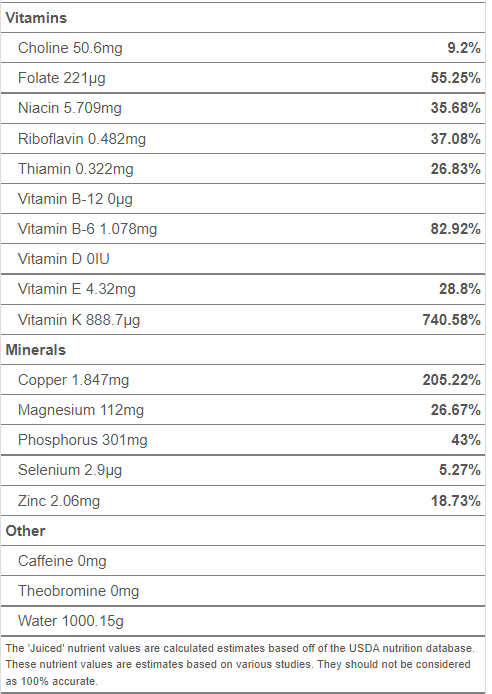
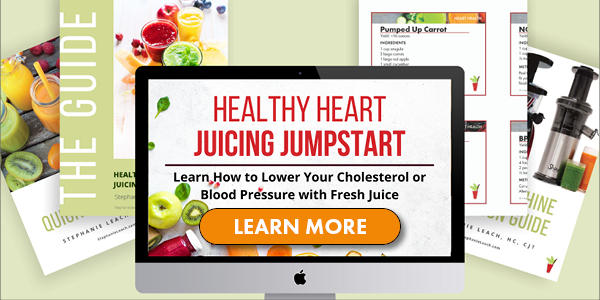

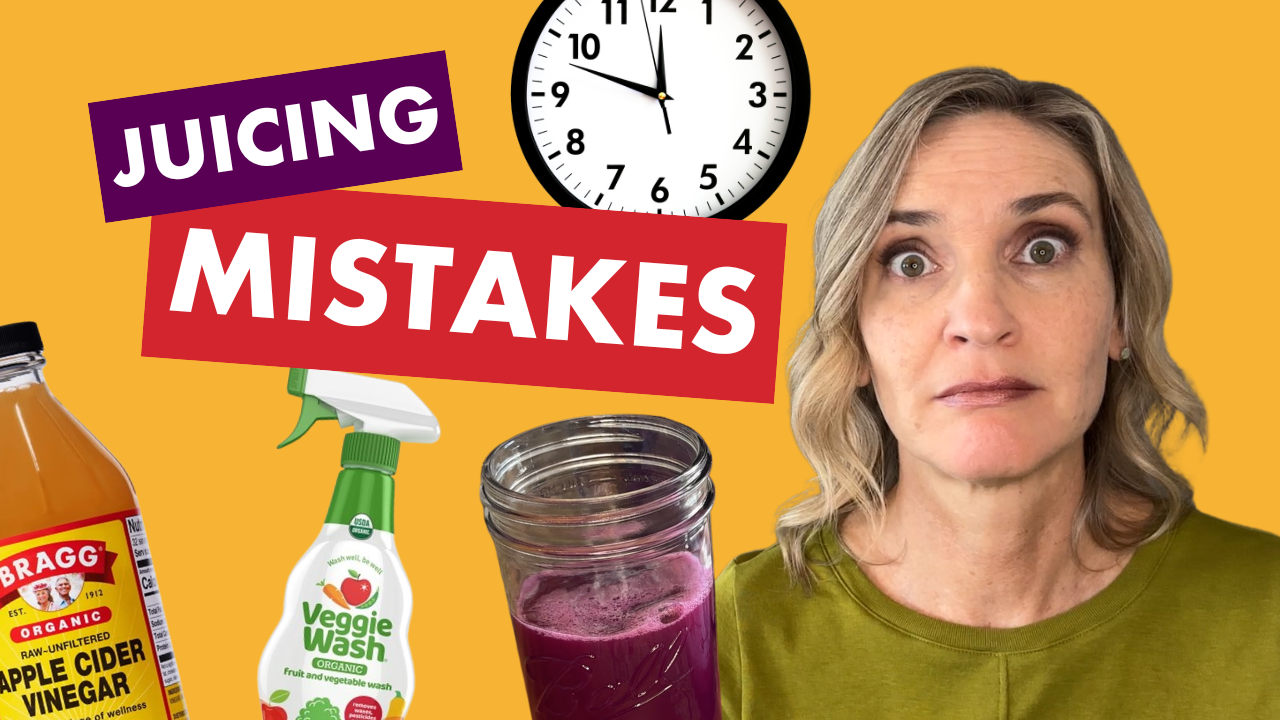
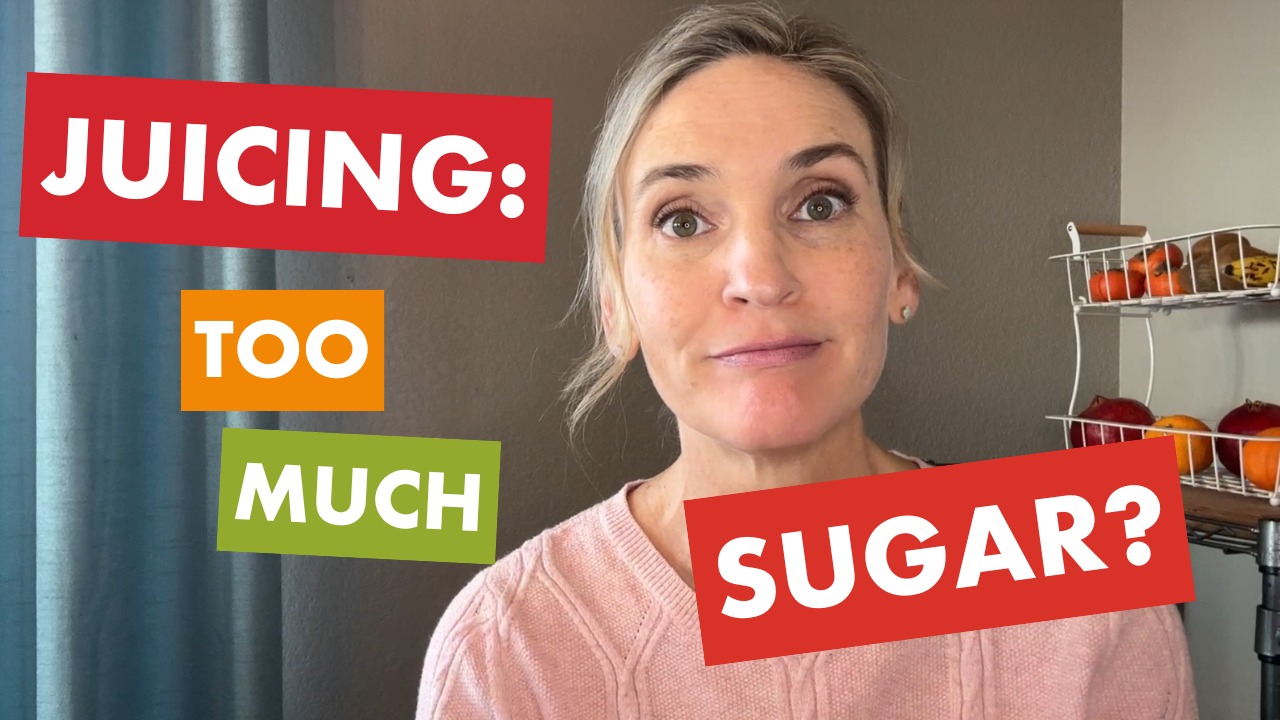
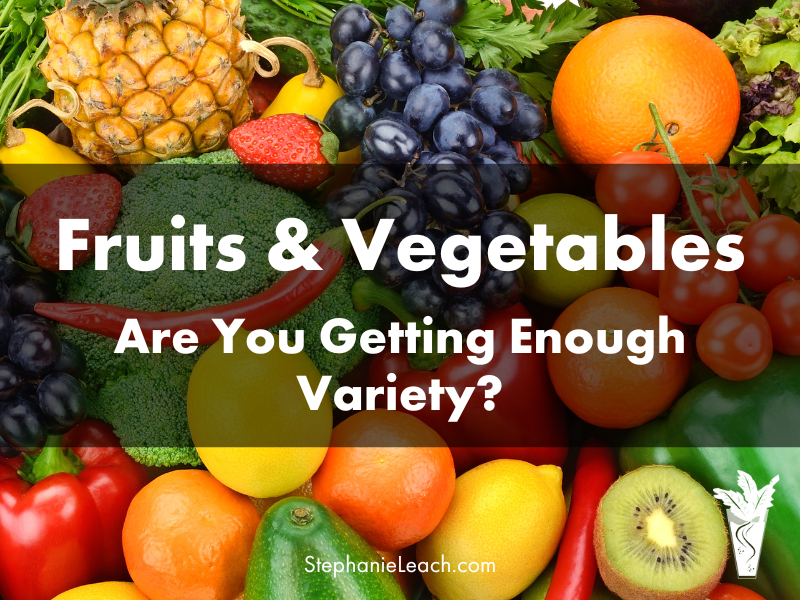
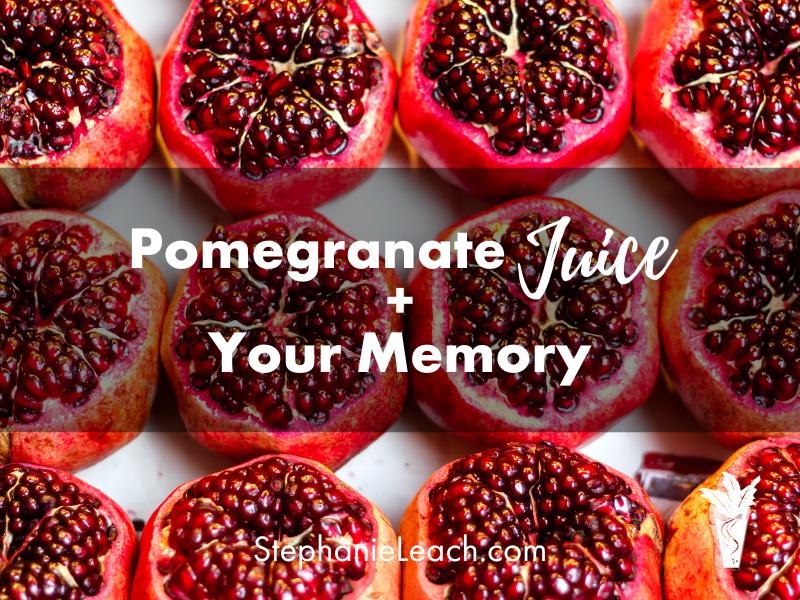
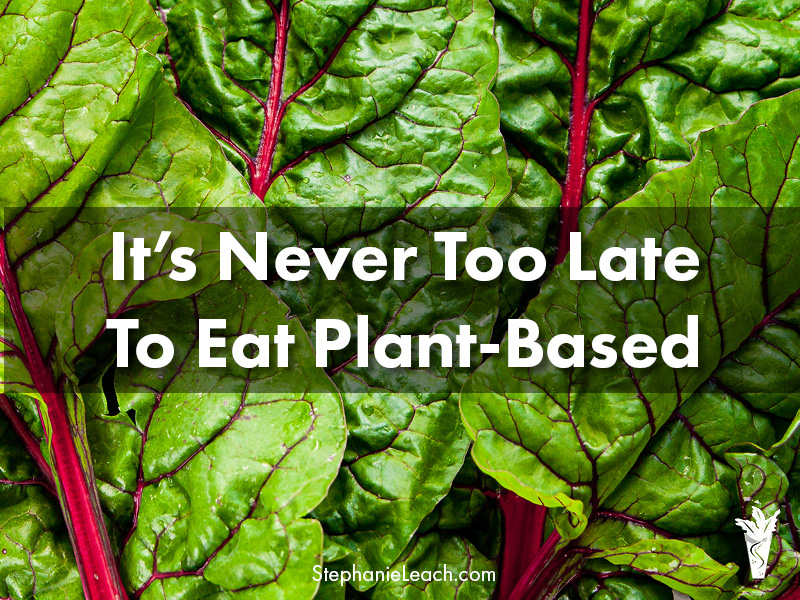
Leave A Comment